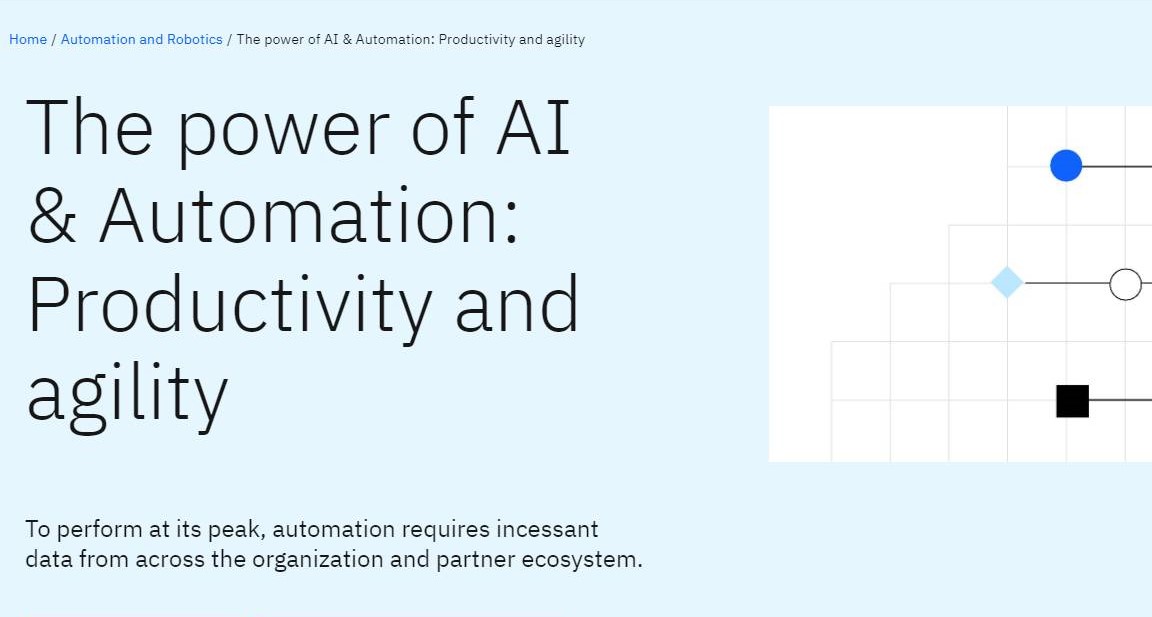Over half of CEOs reallocating funds to drive generative AI adoption
The survey shows leaders still find it difficult to develop and implement generative AI, however


CEOs in the UK are actively diverting funds from areas of their business to support generative AI adoption schemes, according to new research.
Findings from EY’s latest CEO Outlook Pulse survey show three-quarters of execs believe their organization must act swiftly to adopt generative AI tools or less lose a competitive edge.
The vast majority (99%) of CEOs said they are planning significant capital investments in generative AI over the next year, with 51% going so far as to reallocate capital from other investment budgets.
Most, the survey revealed, are already integrating generative AI within business practices, with more than half (54%) revealing they’ve specifically hired new talent with relevant AI skills to accelerate adoption rates.
42% stated they have established AI pilot schemes and have struck partnerships to drive adoption.
Yet despite a growing appetite among leaders to capitalize on generative AI, many said they find it difficult to find specific business use-cases. Execs also reported they find it difficult to distinguish “AI hype” from genuine expertise when considering partners in their adoption projects.
Three-quarters said they’d witnessed a sharp increase in companies claiming to be experienced in AI, creating concerns over identifying those that are credible.
Sign up today and you will receive a free copy of our Future Focus 2025 report - the leading guidance on AI, cybersecurity and other IT challenges as per 700+ senior executives
"UK CEOs clearly see the huge opportunities that AI offers in its ability to drive productivity and provide a competitive advantage and, as a result, are making significant investments in AI technology," said Silvia Rindone, managing partner for strategy and transactions in the UK and Ireland.
"However, this optimism is also tempered with caution, with many grappling with how best to implement and future-proof AI strategies. The noise surrounding AI has also hindered decision making about credible partnerships and acquisition targets."
Early wins might not deliver long-term success
EY said it has observed a sense of “over-optimism” among many business leaders with regard to the long-term impact of generative AI adoption.
Two-thirds of companies that have already experienced positive outcomes from generative AI tools said they expect it to redefine their entire business and operating model within two years or less.
This optimism, EY warned, could come back to haunt companies aggressively pursuing the adoption of AI tools as “early wins” in revenue and efficiency gains will likely dissipate longer term.
Strategic partnerships key to AI success
90% of CEOs surveyed by EY said they expect to actively pursue a strategic transaction in the next 12 months, with 48% looking to enter strategic alliances or joint ventures on AI innovation.
RELATED RESOURCE

Discover how leading companies are using data and intelligence automation to grow
DOWNLOAD NOW
Nearly one-third (29%) said they are also considering mergers and acquisitions to bolster in-house AI capabilities.
"Despite economic headwinds, strategic transactions remain a priority for UK CEOs particularly when it comes to accelerating technology innovation," says Rindone.
"With new technologies emerging and maturing rapidly, we’re likely to see an acceleration in investment in digital assets – such as AI capabilities – leading to more transactions as companies look to either reinforce their market position or gain a competitive advantage."
Generative AI adoption is growing
Since the onset of the generative AI boom in late 2022, organizations globally have been exploring ways to streamline operations and deliver productivity benefits through the use of the technology.
This has prompted a sharp increase in adoption rates among enterprises, according to Gartner.
A recent poll from the consultancy found that 45% of firms were in a generative AI pilot phase while 10% revealed they are already using generative AI tools in full production.
More than one-quarter (26%) specifically highlighted cost optimization as a key driver for generative AI adoption while three-in-ten said that long-term growth goals were a primary justification for integrating the technology within business processes.
Emma Woollacott is a freelance journalist writing for publications including the BBC, Private Eye, Forbes, Raconteur and specialist technology titles.
-
 What is Microsoft Maia?
What is Microsoft Maia?Explainer Microsoft's in-house chip is planned to a core aspect of Microsoft Copilot and future Azure AI offerings
-
 If Satya Nadella wants us to take AI seriously, let’s forget about mass adoption and start with a return on investment for those already using it
If Satya Nadella wants us to take AI seriously, let’s forget about mass adoption and start with a return on investment for those already using itOpinion If Satya Nadella wants us to take AI seriously, let's start with ROI for businesses

